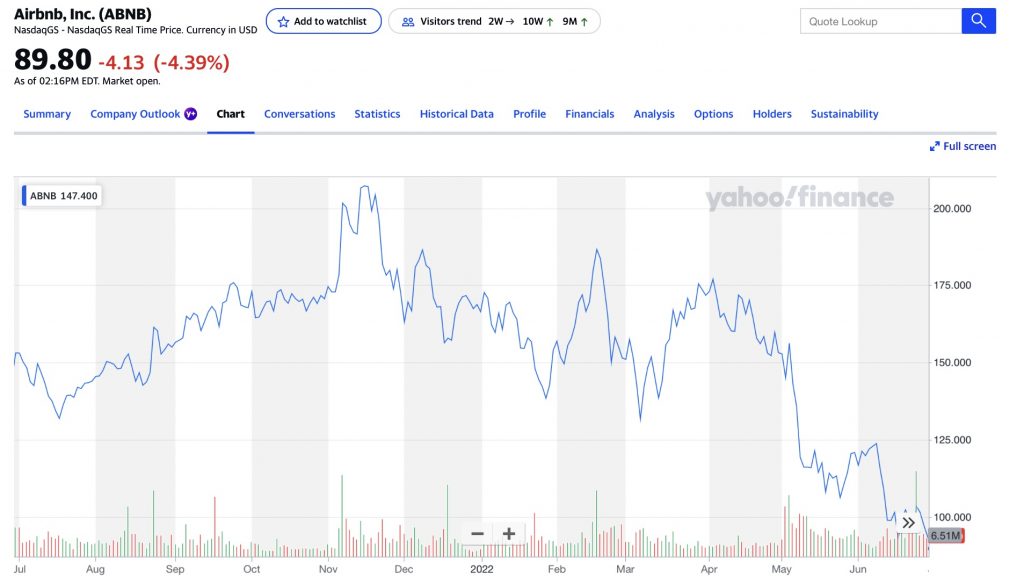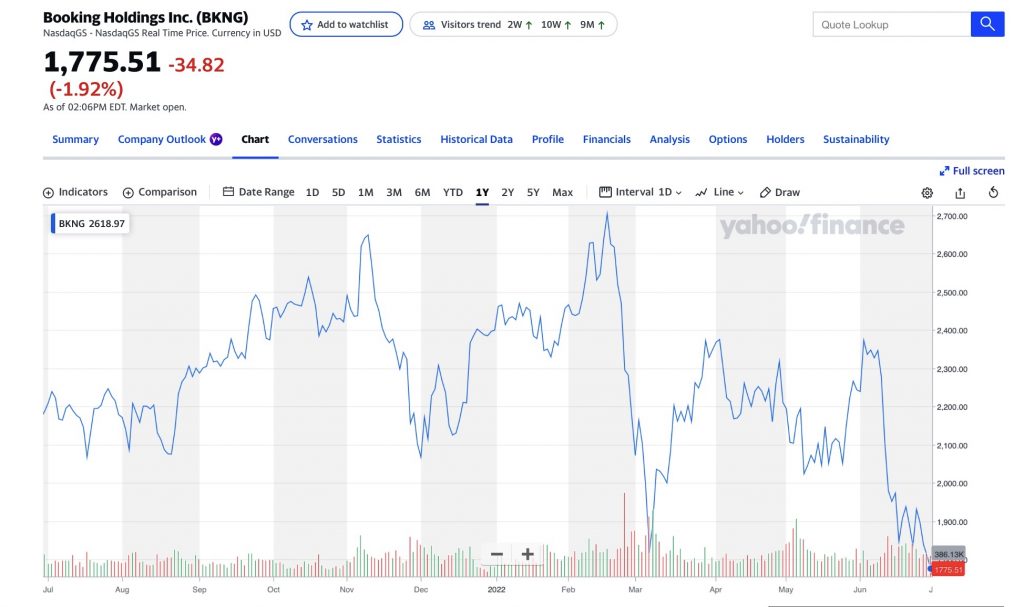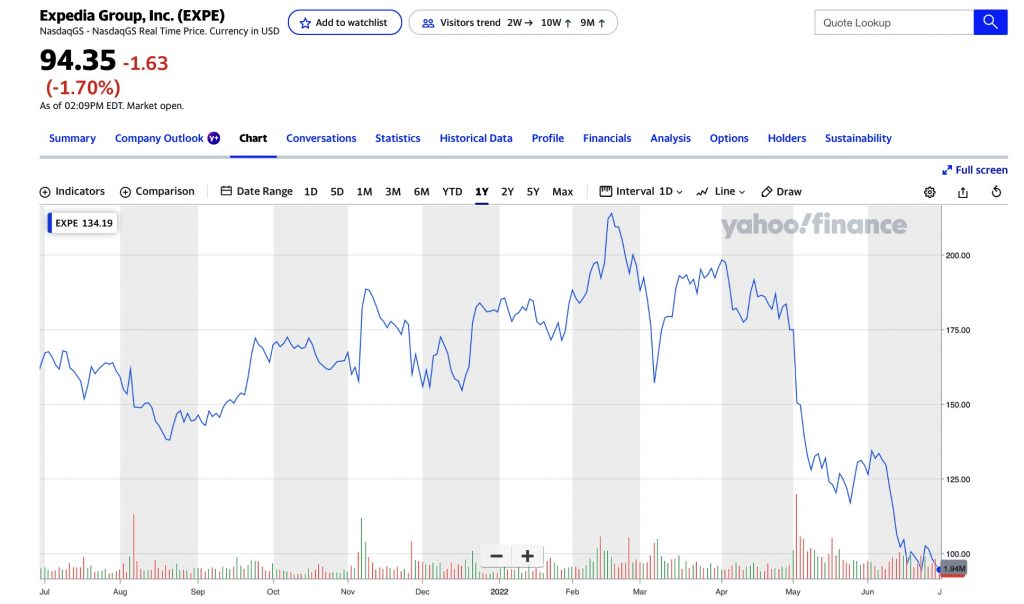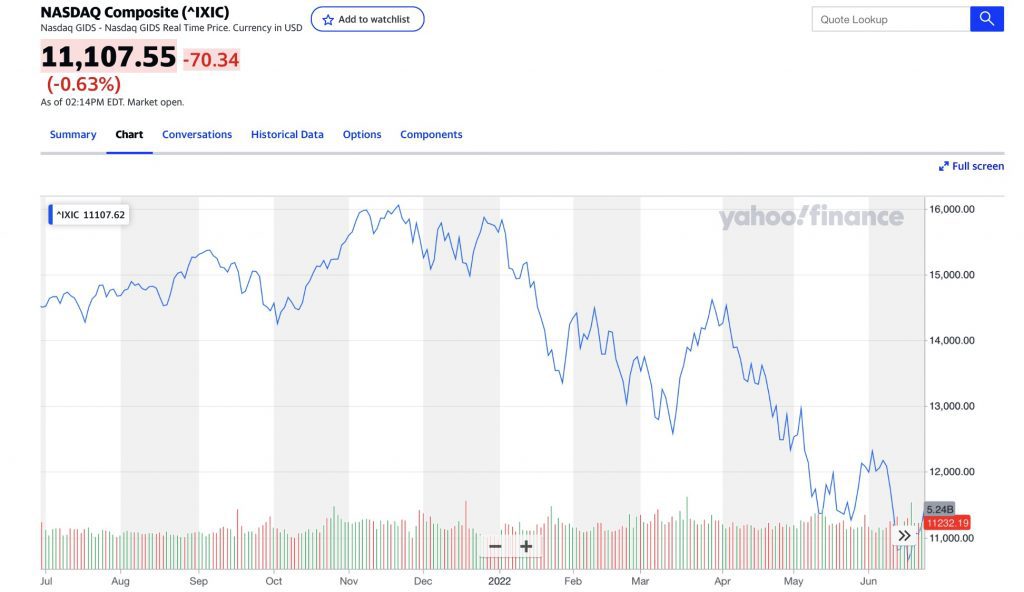Berlin-based MYNE, which manages co-ownership of holiday properties, acquired its rival VillaCircle.
The company did not disclose any details of the deal. A company spokesperson told Skift that the “deal has an eight digit valuation.” MYNE will take over the real estate and customer care of VillaCircle, and existing operations will be transferred to the MYNE platform.
Hamburg-based VillaCircle has a similar proposition — a co-ownership model that guarantees the partial acquisition of vacation properties. VillaCircle offers fractional-ownership of luxurious holiday homes in Spain, Austria, Croatia, and on the Côte d’Azur, among others.
“Acquisitions play an important role for us in further growth and underline our claim to be the leading platform for investments in holiday properties in Europe,” said Nikolaus Thomale, Founder and Managing Director of MYNE. “With the expansion of the portfolio to additional destinations, and a strengthening of the offer in the luxury segment, MYNE is appealing to an even larger target group.”
MYNE allows customers to purchase shares in holiday rental properties for an initial investment of €50,000 ($53,000). MYNE handles the acquisition, sales, and tenant acquisition as well as manages the property for a monthly fee. Different from the timeshare model, customers can resell their share at any time. The company currently offers properties in Germany, Austria, Italy, Spain, Portugal and France.
Founded in 2021, MYNE raised over €23.5 million in equity and debt from investors including FinTech Fund Motive Ventures, the family office of TruVenturo by HomeToGo founder Nils Regge, and the real estate-related investors Scope Hanson and Rivus Capital.








